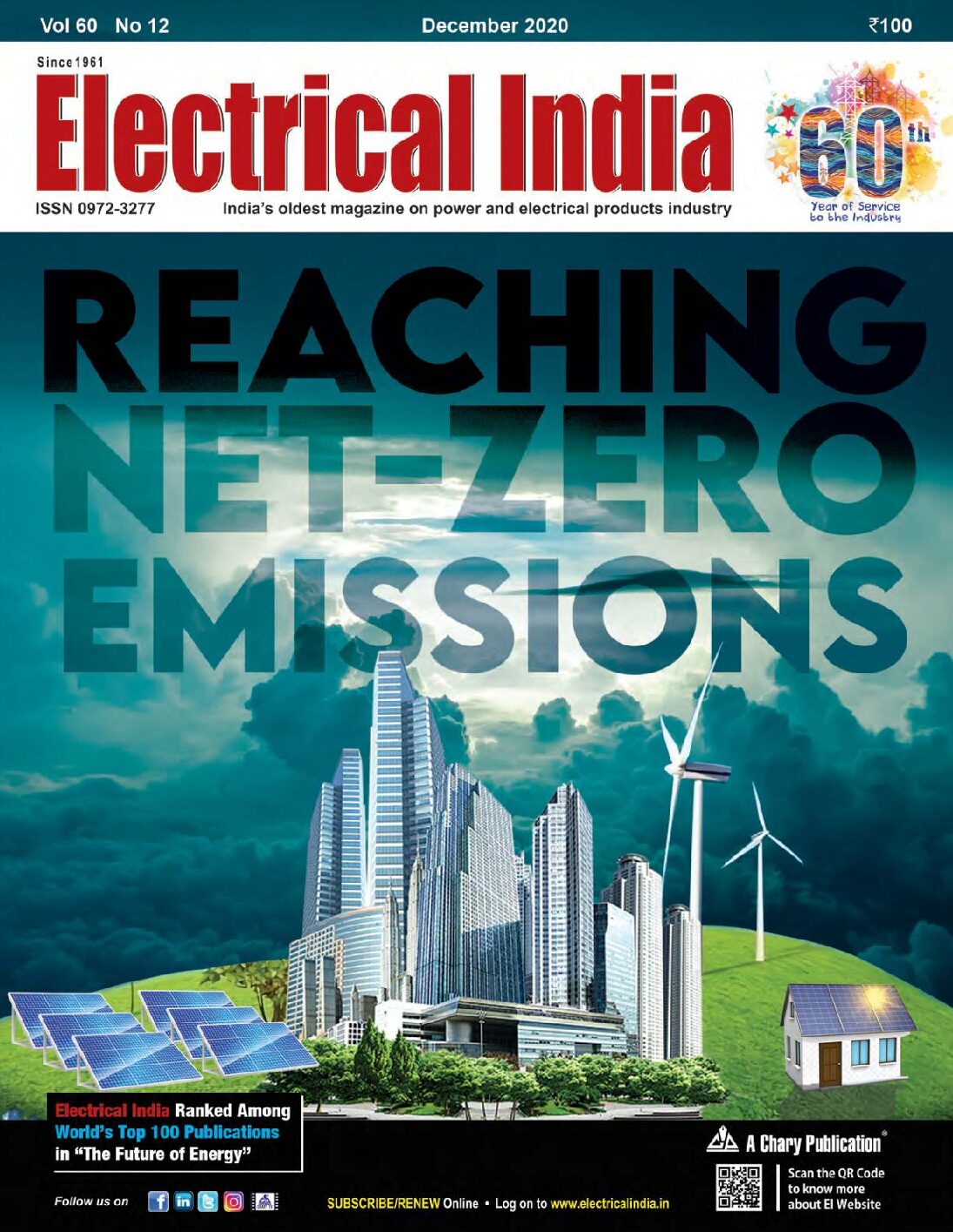The overall electricity demand from electric vehicles (EVs) in India is projected to be around 79.9 gigawatt hours (GWh) by 2020 and is expected to reach 69.6 terawatt hours (TWh) by 2030, noted a recent ASSOCHAM-EY joint study.
“The overall EV demand is expected to help utilities earn an estimated US$ 11 billion (INR700 billion) in revenue by 2030,” according to the study titled, ‘Electrifying India: building blocks for a sustainable EV ecosystem,’ jointly conducted by The Associated Chambers of Commerce and Industry of India (ASSOCHAM) and Ernst & Young LLP (EY).
The report added that increasing adoption of EVs across India will be instrumental in transforming the country’s power sector. “The surge in electricity demand from EVs will help recover the slow demand growth.”
It also said that arrival of electric mobility is expected to help the P&U (power and utilities) sector realise net cost and revenue benefits from both demand and the supply side.
Further highlighting the impact of EVs on Indian power sector, the report noted that it will help the country in achieving carbon emission reduction targets.
“By 2030, EVs are expected to reduce emissions by 40-50 per cent, compared to ICE (internal combustion engine) vehicles in an aggressive renewable energy scenario,” it said.
However, the report added that even if the grid continues to be coal heavy, emissions are likely to reduce by 20-30 per cent. It also said that power and utilities sector in India is undergoing rapid transformational developments—reducing dependence on imported coal, rising energy independence with renewables, reducing plant load factors (PLFs) and national grid integration to name a few.
The ASSOCHAM-EY study suggested for a national regulated rate that can be applicable to all charging stations across India considering that government is in discussion to standardise charging infrastructure development in India, besides many norms are proposed to standardise the market, but they are still in the planning stage. Additionally, EV charging tariffs are regulated at some locations, while tariffs are not fixed at other locations.














